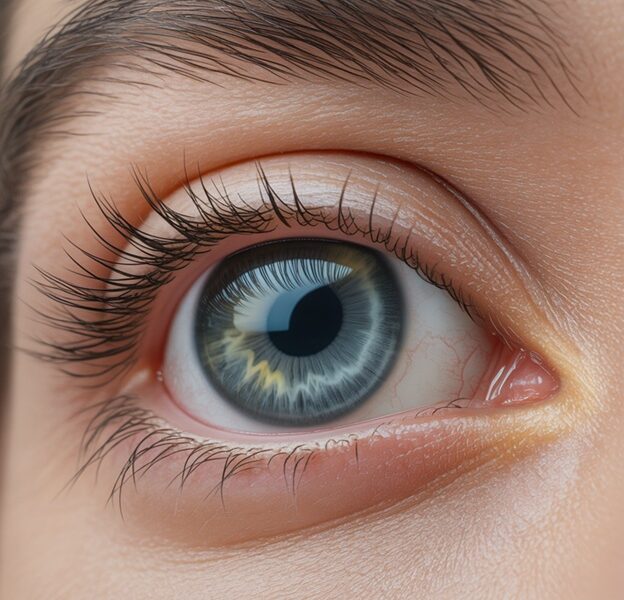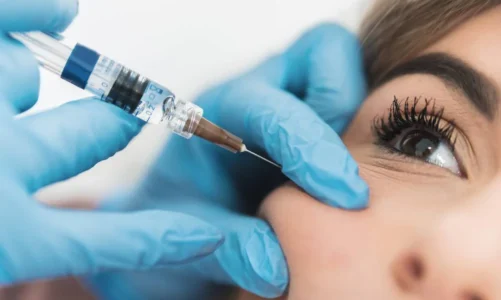Understanding the Cataract Surgery Recovery Timeline
The good news is that cataract surgery recovery is typically quick and straightforward. However, it’s important to know what to expect in the days and weeks following your procedure.
Immediate Post-Surgery (First 24 Hours)
- Your vision may be blurry or hazy
- You might experience mild discomfort or a gritty sensation
- Avoid touching or rubbing your eye
- Use prescribed eye drops as directed
First Week After Surgery
- Vision begins to improve, though some blurriness is normal
- Continue using eye drops and wearing the protective eye shield while sleeping
- Avoid strenuous activities and heavy lifting
2-4 Weeks Post-Surgery
- Vision continues to stabilize
- Most patients can resume normal activities
- Follow-up appointment to check healing progress
1-2 Months After Surgery
- Full recovery for most patients
- Final vision check and possible adjustment of eyeglass prescription if needed
Essential Do’s and Don’ts for a Smooth Recovery
Do’s:
- Use eye drops as prescribed
- Wear sunglasses when outdoors to protect your eyes from bright light
- Keep your eye clean and avoid touching it
- Attend all follow-up appointments with your eye doctor
- Rest and allow your body time to heal
Don’ts:
- Rub or press on your eye
- Engage in strenuous activities or heavy lifting for at least a week
- Swim or use a hot tub for the first two weeks
- Wear eye makeup for at least a week
- Drive until your doctor gives you the green light
Practical Tips for Daily Activities During Recovery
- Bathing and Showering
- Keep water, soap, and shampoo out of your eyes for the first week
- Consider using a washcloth for facial cleansing
- Sleeping
- Use the protective eye shield provided by your doctor for at least a week when sleeping
- Try to sleep on your back or the non-operative side
- Reading and Screen Time
- It’s okay to read or use digital devices, but take frequent breaks to avoid eye strain
- If you experience discomfort, rest your eyes and try again later
- Eating and Drinking
- No specific dietary restrictions, but maintaining a healthy diet can support overall healing
- Stay hydrated to help your body recover
Managing Common Side Effects
While cataract surgery is generally safe, some patients may experience mild side effects during recovery. These can include:
- Blurry vision
- Mild discomfort or itching
- Light sensitivity
- Dry eye
These symptoms are usually temporary and improve as your eye heals. However, if you experience severe pain, sudden vision loss, or increasing redness, contact your eye doctor immediately.
Long-Term Care for Your Eyes
- Schedule regular eye check-ups
- Protect your eyes from UV rays with sunglasses
- Maintain a healthy lifestyle with a balanced diet and regular exercise
- If you’re a smoker, consider quitting to benefit your overall and eye health
Conclusion: Your Path to Clearer Vision
Cataract surgery recovery in Singapore is typically a smooth process with dramatic improvements in vision for most patients. By following these cataract surgery recovery tips and your doctor’s specific instructions, you’re setting yourself up for the best possible outcome. Remember, every patient’s recovery is unique, so don’t hesitate to reach out to your eye care team if you have any concerns.
At JL Eye Specialists, we’re dedicated to providing exceptional care throughout your cataract surgery journey. With patience and proper care, you’ll soon be enjoying the benefits of clearer, brighter vision. Here’s to your successful recovery and a future of improved eyesight!




